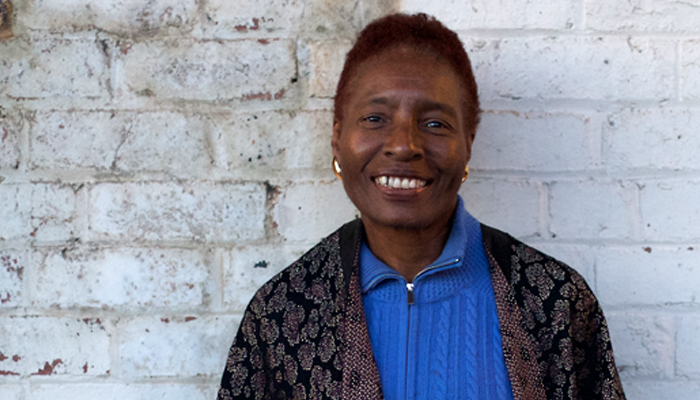Standing in the Flesh
Standing in the Flesh
What we wrote about the event at the time: In rethinking the body, the law, the state, gender, race, violence, care and empathy, how we might give humanness a different future?
ReadWe were available in the flesh to slave masters, in the flesh immediate, hands on. I can pluck your little nappy head from wherever it is, bang, don’t care nothing about who your mommy and daddy is or how many babies you got here, bam. That’s flesh. Another word to explain it is empathy. The flesh gives empathy… 1
We were terrified, all right…What happened last night I don’t want that to happen to nobody. No one deserves that, you know, not a human being. 2
Denise attended Episode 6, and we have been hung up on something she asked ever since: whether we want to be ‘some-body under the state or no-body against the state.’ When Hortense says that before the ‘body’ there is the ‘flesh,’ is she talking about a similar paradox? Is it preferable to be no-body, to be fleshly, if it means we can hold on to our empathy, our capacity to care for each other, commonly, rather than seeking to become some-body, formed in the image of the state?
Hortense’s work has greatly influenced our last three episodes. To us, she is one of the most important thinkers of racialised, historicised, gendered female bodies in America. Her complex, lyrical and deeply philosophical writing navigates sentiment, sorrow, empathy, the law, flesh and the bodily violence upon which states are formed.
Denise in her writing and teaching, draws our attention to the that which should ‘not happen to nobody’ and yet happens every day. That is, the violence stemming from ideas of the body, ‘man’, and the human implicit to a certain type of enlightenment logics that have underpinned the spreading of capitalism. These ideas must be rejected if we are to have any hope of standing up to a state that actively seeks to kill many of us.
- Hortense Spillers speaking in Arthur Jafa’s film Dreams Are Colder Than Death, which was part of Episode 6.
- Statement made by the cousin of a 24-year-old Aboriginal man, Greg Harrison, killed in Melbourne in May 2005 by ‘a group of Albanians’ who ‘yelled racial taunts’ and attacked them with baseball bats, according to his friends and relatives who survived the attack. Quoted by Denise Ferreira da Silva in her essay NO-BODIES – Law, Raciality and Violence.
Documentation
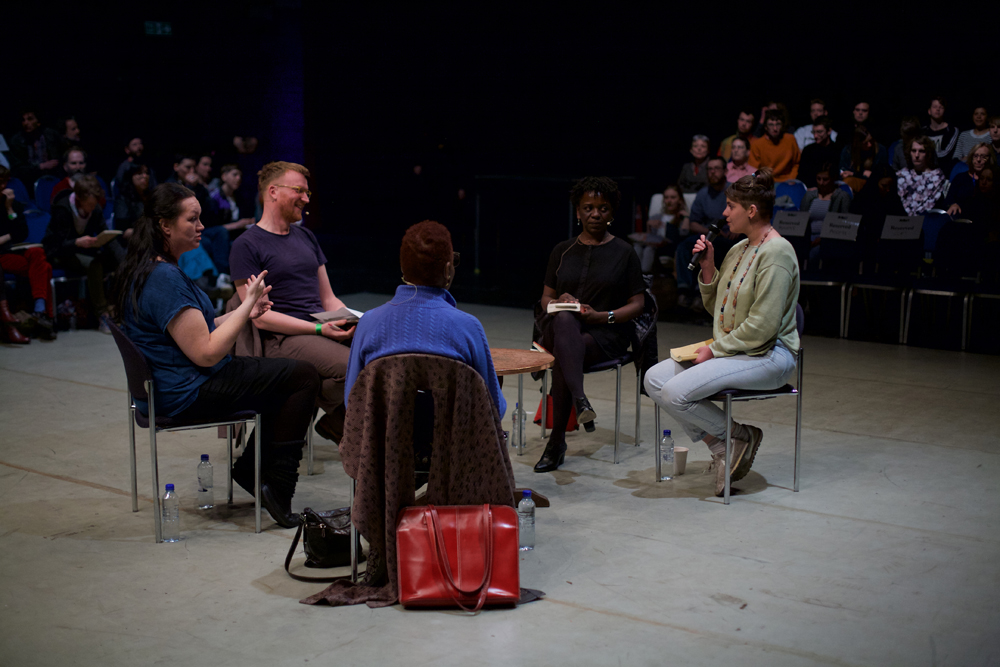
▴ Credit: Alex Woodward
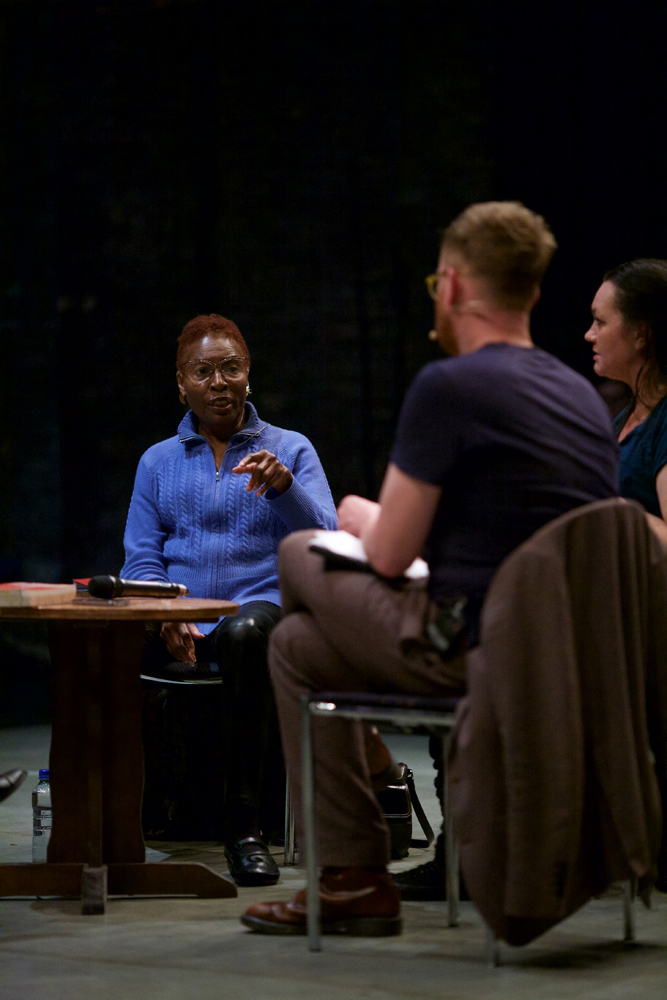
▴ Credit: Alex Woodward
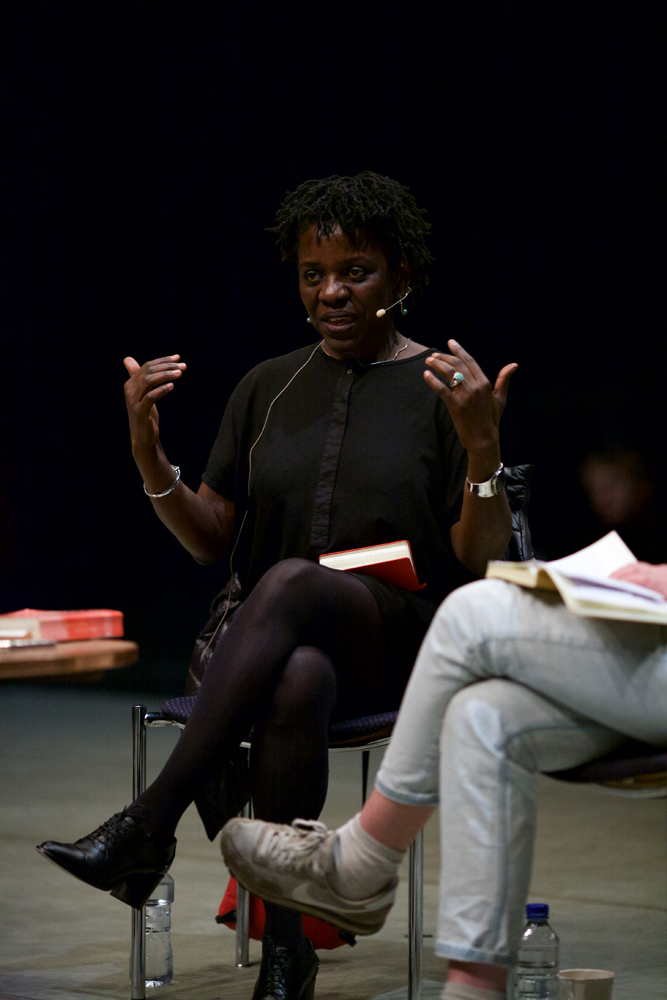
▴ Credit: Alex Woodward
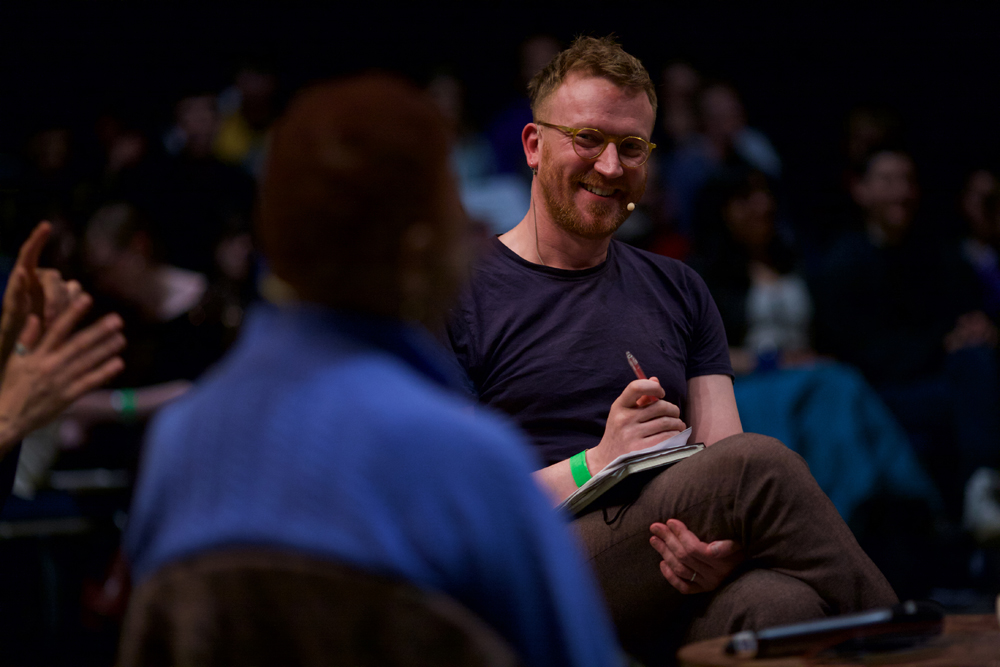
▴ Credit: Alex Woodward
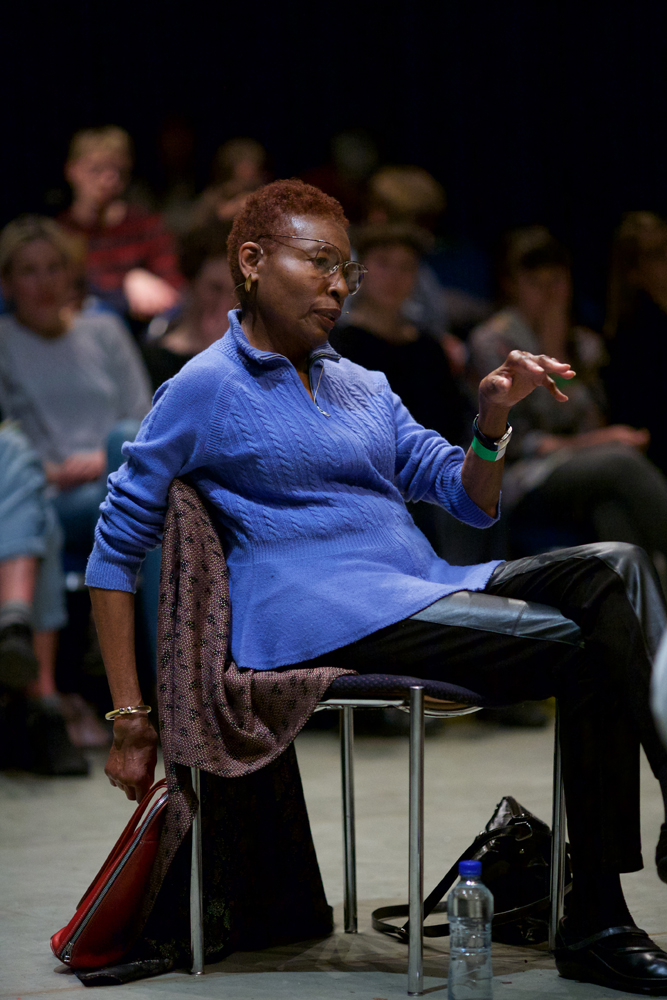
▴ Credit: Alex Woodward
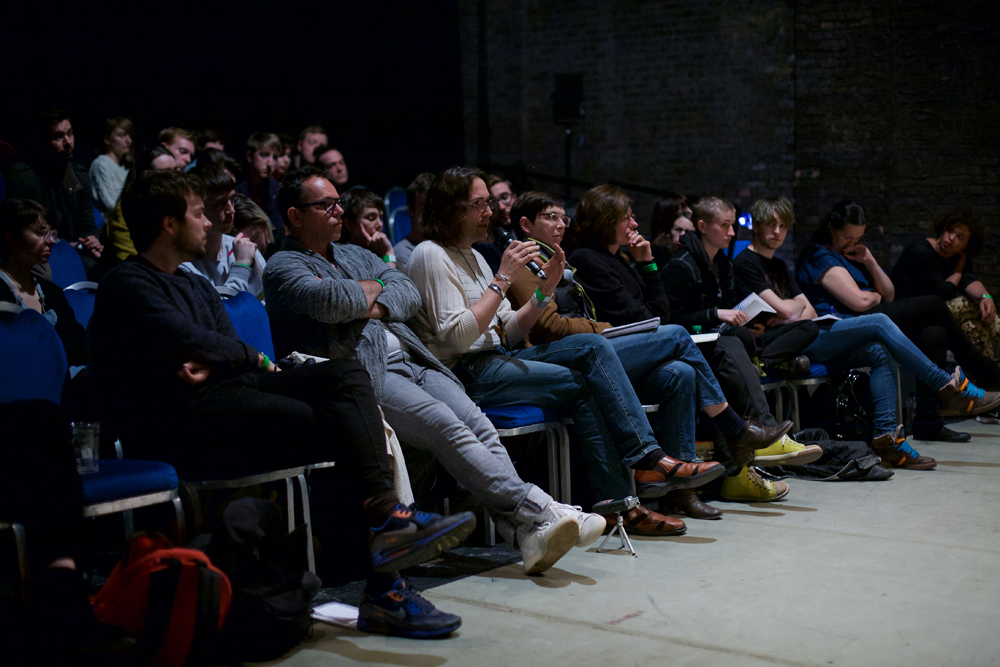
▴ Credit: Alex Woodward
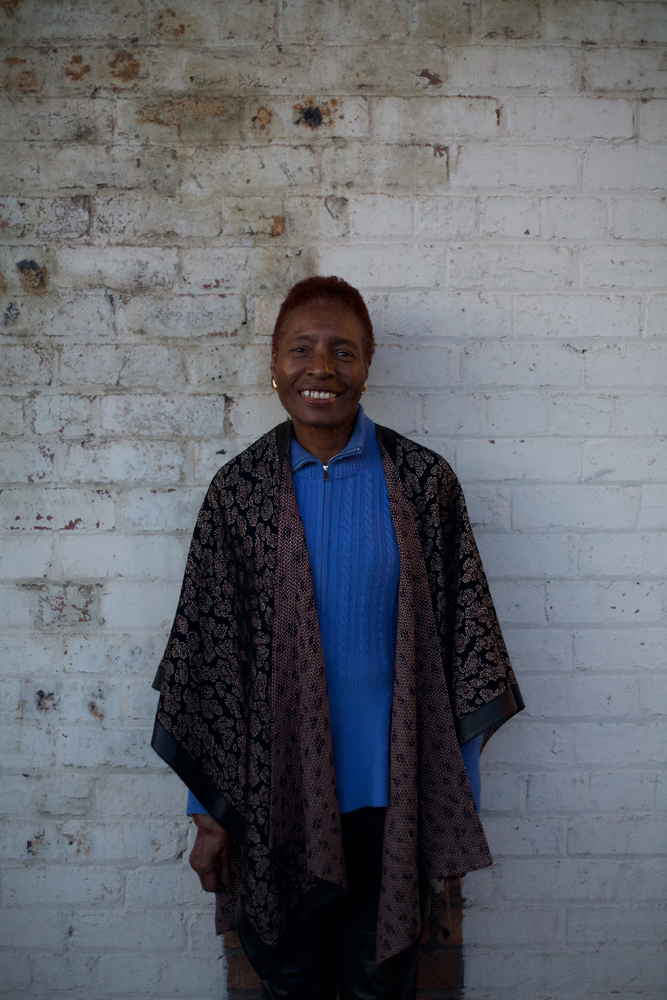
▴ Credit: Alex Woodward
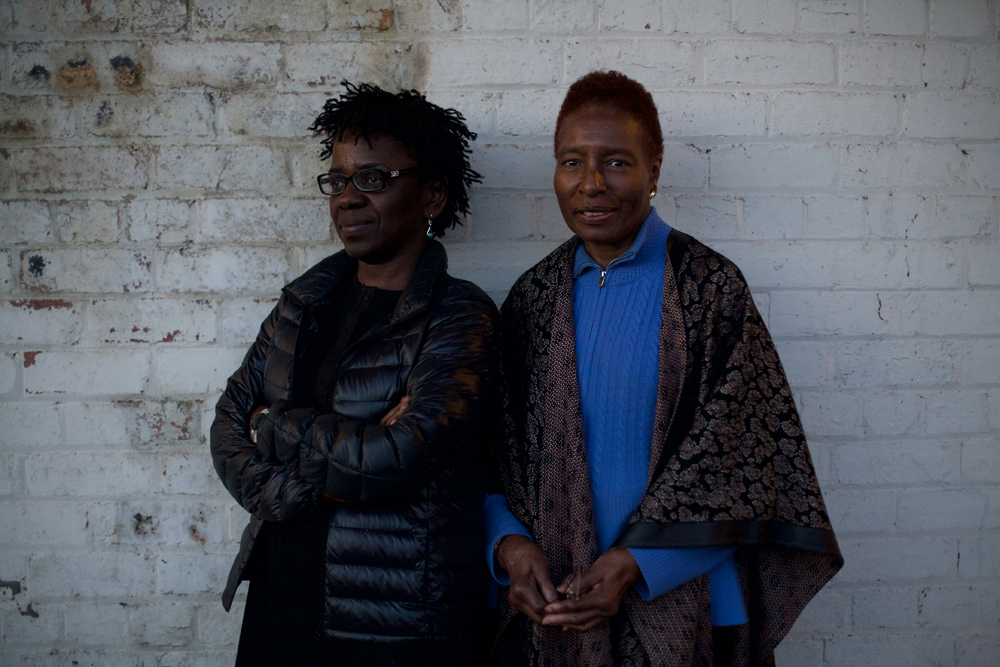
▴ Credit: Alex Woodward

